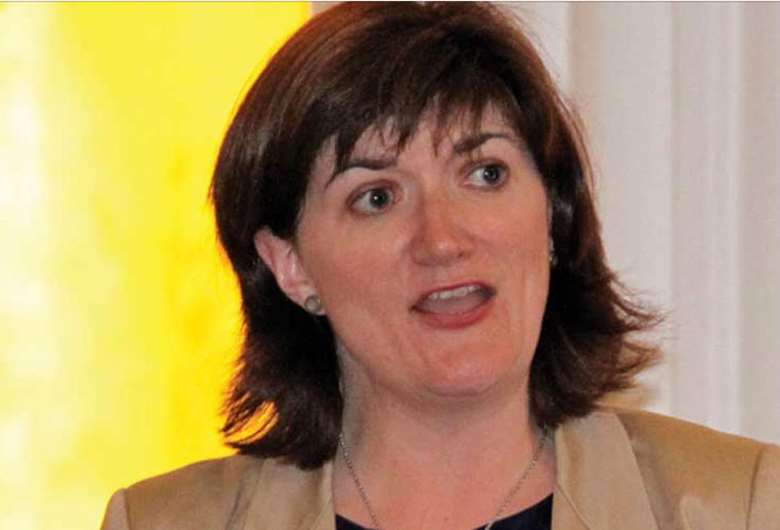New guidance to help providers identify children at risk of radicalisation
Thursday, July 2, 2015
New Government advice has been published for childcare providers and schools on how to protect children at risk of extremism.

The Department for Education (DfE) advice outlines how schools and early years and childcare providers can fulfil their new statutory duty to prevent children from being drawn into terrorism.
As of 1 July, all schools, and registered early years and childcare providers are subject to section 26 of the Counter-Terrorism and Security Act 2015, also known as the Prevent duty, which states that they must have ‘due regard to the need to prevent people from being drawn into terrorism’.
The DfE says protecting children from the risk of radicalisation should be seen as part of providers’ wider safeguarding duties, and therefore should not be burdensome.
'For early years childcare providers, the statutory framework for the Early Years Foundation Stage sets standards for learning, development and care for Children from 0-5, thereby assisting their personal, social and emotional development and understanding of the world,' it states.
Ofsted’s revised common inspection framework for education, skills and early years, which comes into effect on 1 September, also makes specific reference to the need to have safeguarding arrangements to promote pupils' welfare and prevent radicalism and extremism.
In order for schools and childcare providers to fulfil their new duty, the advice stresses how essential it is that staff are able to identify children who may be vulnerable to radicalisation, and they know what to do when they are identified.
It says there is no single way of identifying an individual who is likely to be susceptible to a terrorist ideology, but staff should be alert to changes in children’s behaviour, including even very young children, which could indicate they may be in need of help or protection.
The advice goes on to recommend building children’s resilience to radicalisation by promoting ‘fundamental British values’, as well as enabling them to challenge extremist views.
It also says that schools and providers need to be aware of the increased risk of online radicalisation and have clear procedures in place for protecting at risk children.
On staff training, the statutory guidance advises as a minimum, that schools ensure that their designated safeguarding lead undertakes Prevent awareness training and is able to provide advice and support to other members of staff. For childcare providers, such as childminders, it acknowledes it can be more difficult to attend training, and is considering other ways in which they can increase their awareness.
- The DfE's dedicated telephone line for school staff and practitioners to call to raise concerns relating to extremism is 020 7340 7264.









